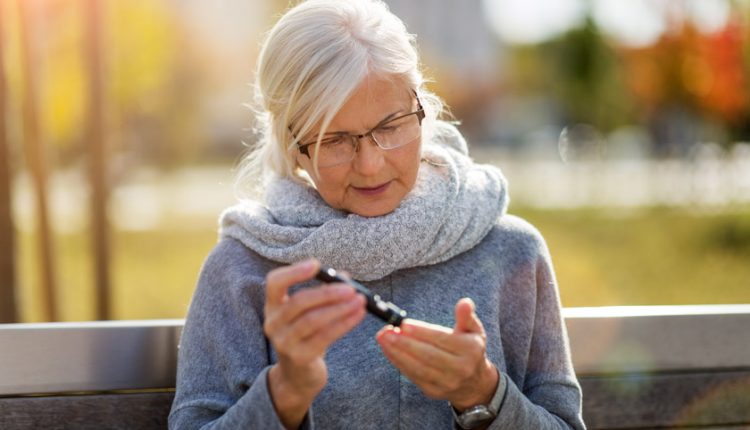
Diabetes is one of the most common diseases that the elderly suffer from, but there are various ways to prevent it in the pre-diabetes stages. Abnormally high blood sugar due to insulin resistance can signify pre-diabetes. The affected person cannot take insulin in this condition, leading to “type 2 diabetes”. Older people with diabetes at this stage develop type 2 diabetes over ten years. The progression of this condition puts patients at risk for cardiovascular disease.
Contents
The Diet of Seniors with Diabetes
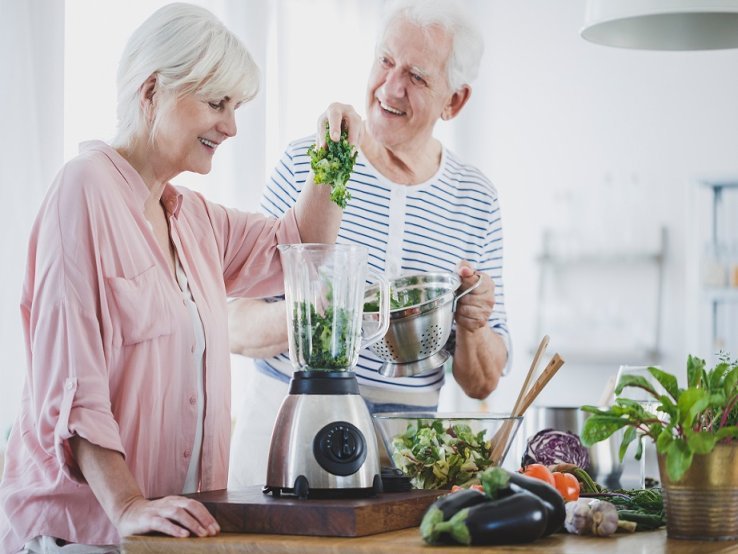
Various factors are involved in diabetes in the elderly. Genetic factors are among the most common causes, and lifestyle also plays a significant role in the progression and growth of this disease. Excess body fat and a sedentary lifestyle are other risk factors for diabetes. Food sugar enters the bloodstream in diabetic patients because insulin cannot easily transport it to their cells.
There is a misconception here. Some people think that eating carbohydrates causes diabetes. What affects blood sugar is the amount and type of carbohydrates consumed in an elderly meal. The elderly caregiver should avoid including foods that contain refined and processed carbohydrates that are also highly digestible in the elderly diet, increasing blood sugar. That is a kind of prevention of diabetes in the elderly.
Elderly Excess Weight and Diabetes
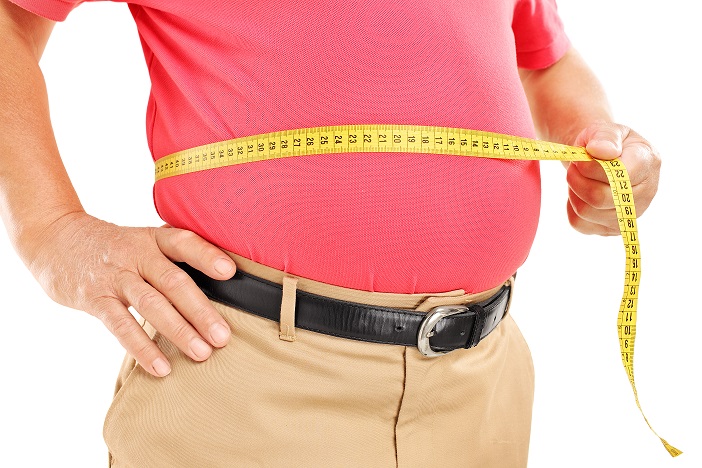
There is a direct relationship between excess weight and diabetes, and being overweight predisposes the elderly to diabetes. As we all know, the body’s metabolism decreases as we age, so we are prone to have excess weight in this period if we ignore our diet.
If the elderly body receives more calories than it consumes, these extra calories are stored as fat in the body. As a result, diabetes causes them to gain weight. Stored fat, especially around the abdomen, is directly related to insulin resistance. For this reason, the elderly who suffer from this disease are also overweight.
To understand how food affects blood sugar and diabetes in the elderly, you need to look at its glycemic index. If foods have a high glycemic index, they can cause blood sugar to rise faster. Foods with a lower glycemic index have less of an effect on raising blood sugar. Foods high in fibre have a low glycemic index. The glycemic index of processed, refined foods without fibre and nutrients is also high. Consumption of the following substances causes high blood sugar in the elderly:
- White bread
- White rice
- Potato
- Non-alcoholic drinks
- Fruit juice with a high glycemic index
Foods with Lower Glycemic Index
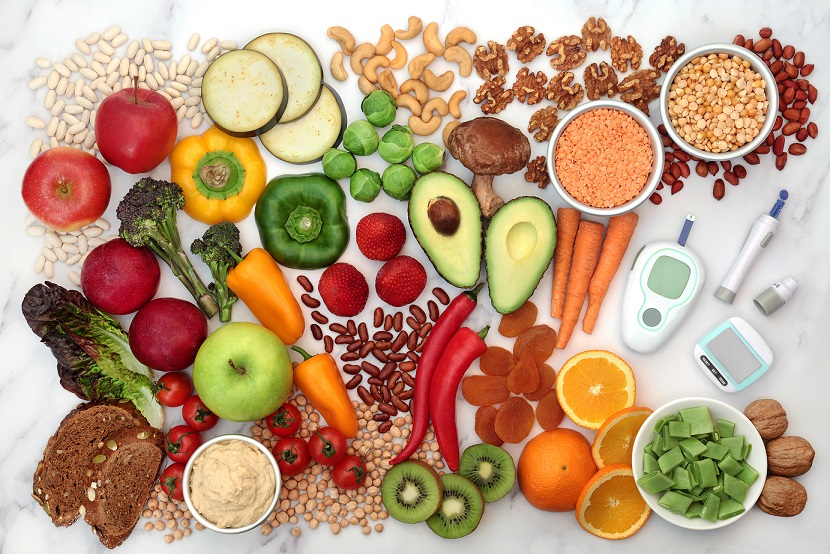
The elderly caregiver should include foods with a lower glycemic index and suitable blood sugar in their diet. Some of these foods are as follows: oats, whole wheat bread, non-starchy vegetables, such as carrots and vegetables grown on farms, beans, sweet potatoes, corn, and pasta (preferably whole wheat). Limit your intake of saturated fats as they increase the risk of high cholesterol and heart disease and cause diabetes in seniors. If the elderly are interested in eating rice, it is better to combine foods to reduce their glycemic index.
The caregiver must monitor seniors’ meals to control and reduce the glycemic index. One of the effective control methods is reducing the amount of food they consume. Nurses can help them determine how much food they consume by examining food labels. These labels’ markings indicate the number of calories, fats, carbohydrates, and other information about nutrients. Pay attention to the following regarding the meals:
1. Overeating
If the elderly consume too much food, it is essential to know how food affects their health. There is no need to eliminate carbohydrates in the diet of the elderly. Researchers have shown that the risk of dying from a low carb diet is the same as dying from a high-carb diet. The best intake of carbohydrates per day and in meals and snacks is 50 to 55%.
2. Foods High in Fiber
Consumption of fibre has several benefits for seniors with diabetes:
- Satiety
- Increase energy after consuming fibre
- Prevention of over-eating due to feeling full
- Better intestinal activity
One of the disadvantages of consuming fibre is the feeling of tiredness after it.
3. Prohibition of Sweet Drinks
Soft drinks are not suitable for diabetic people due to their high sugar and carbohydrate content. Water is the best option for quenching thirst in the elderly.
4. Prohibition of Alcohol Consumption
Alcohol causes dehydration. Cocktails raise blood sugar. Not drinking alcohol is one of the best ways to control diabetes for older adults.
5. Consumption of Lean Meats
Meat has no carbohydrates, but it is high in cholesterol and should not consume in excess.
6. Protein Content for the Prevention of Diabetes
Some of the low-carb protein sources are as follows:
- Chicken without skin
- egg white
- Low-fat Greek yogurt
- Soy products such as tofu and tempeh
7. Excessive Water Consumption
Every healthy diet includes the right amount of water. The elderly nurse needs to remind them to drink enough water every day, especially crucial for pre-diabetes seniors. How much water each older adult needs per day depends on their body size, level of physical activity, and the climate in which they live. If their nurse feels that they are dehydrated, they can check the amount of urine they are excreting to ensure the urine colour. The urine should be light yellow.
8. Exercise

In old age, seniors’ sedentary lifestyle and lack of physical activity are connected to insulin resistance and diabetes. Exercise causes muscles to use glucose for energy, and cells work better when they receive insulin. If the elderly exercise 5 times a week for 30 minutes, it will help prevent diabetes. Walking, dancing, cycling, or participating in sports classes are all fine examples of physical exercises suitable for the elderly.
How Seniors Prevent Diabetes
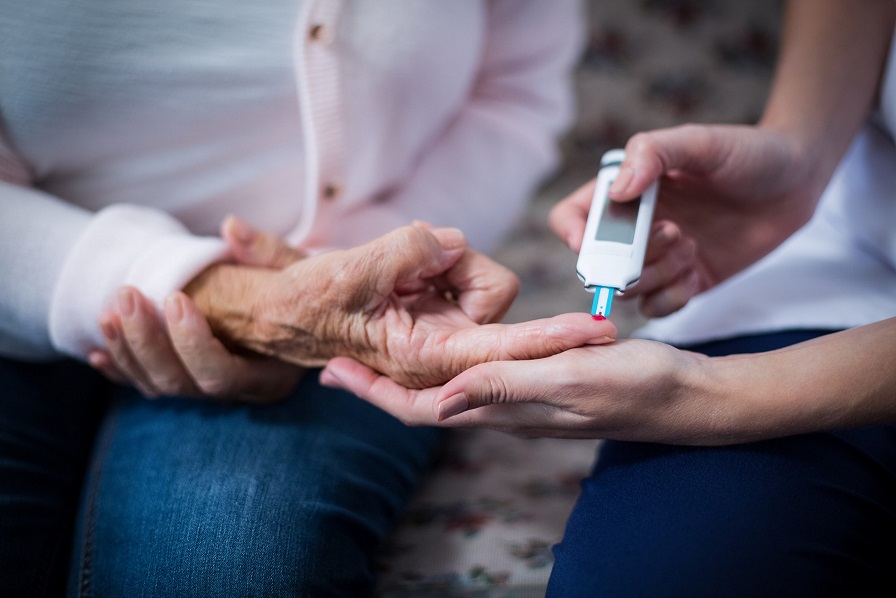
It might be a cause for concern when seniors are diagnosed with pre-diabetes, but it does not mean that the person will experience type II diabetes. Pre-diabetes is only a forewarning to be more careful about the diet. Early diagnosis can help seniors to prevent diabetes. Frequent measurement of blood sugar, taking medications, and a good diet are the factors that can help them prevent diabetes.
Final Words
Diabetes has become a common disease among seniors. This problem is mainly caused by not taking care of our health during our younger years. We should be more informed during the stages in which we are diagnosed with pre-diabetes. Using the ideas mentioned in this article and applying some changes to our lifestyle and diet, we can easily have a healthier and happier life during our senior years.
More Resources:
My uncle has type 2 diabetes. He’s been able to keep his blood sugar level regular for years just by walking. Recently he got a stationary bike too. Since he checks his blood glucose daily, he says it’s even better than walking. He is also extra careful with his diet.
I agree with you. Exercise is important for everyone. But people with diabetes can not do all forms of exercise. So I think people should ask their doctor what exercises are good for them. And they have to watch their blood sugar level during the exercise session—people with diabetes risk hypoglycaemia during exercise (when the blood sugar level drops too low). So it’s best to say SAFE exercise is one of the best ways to control diabetes symptoms.
My doctor has just diagnosed that I have high blood sugar and I should watch my food. I know added sugar foods like cookies and alcoholic beverages are harmful to me, and I must avoid them. But how about fruits and vegetables? I’m talking about sweet fruits like mango, date, and pineapple. are these right for diabetes people?
When you have high blood sugar, you better eat fruits high in sugar like watermelon or pineapple less frequently. Dried fruits are also bad for you. But fruits are still included in healthy diets no matter what, so you don’t need to avoid them altogether.
It’s too late for me to prevent; all I can do now is control. In so doing, for dinner, I consume vegetables and foods with a lower glycemic index. For lunch, I usually eat chicken and salad, without rice. I don’t consume pastry, alcohol or snacks such as chips at all. I confess that it is so hard because sometimes my body craves sweet things, and I just want to cry and eat whatever I want, but it’s impossible. Anyway, it was an informative article. Thanks!
I am 69 years old, and I manage my type 2 diabetes by eating a very low carbohydrate diet, especially low in refined carbs and simple sugars. To manage type 2 diabetes, you have to be willing to give up the foods that made you sick: refined carbs, like rice and bread, and instead eat whole foods prepared in simple ways.
I recommend fruits, vegetables, spices, seafood and nuts and cardio exercise. More walking, the better.
However, this is not essential for those who cannot do extensive walking. Do as much as you can.
I gave up drinking when my father died in a car accident, and he was drunk. So, after that, I couldn’t get drunk even if I wanted to. It wasn’t a rational reason to stop drinking, so I visited a therapist, and she suggested not to drink alcohol because of my health, not because of my father and what impact that incident left on me.
Hello Arthur. Your doctor is right. Unfortunately, my cousin passed away a few years ago. He was drunk driving and had an accident. After his death, my uncle was devastated. Even though he wasn’t much of a drinker in the first place, he decided to stop drinking alcohol altogether. It took a long time for my uncle and his wife to recover from losing a child, but somehow, even though he knows it’s not right to stop drinking due to past trauma, he still can’t bring himself to drink alcohol. At this point, I’m not sure if it’s because of health concerns or his son’s accident.
I was never worried about diabetes because I’m not a fan of sweets and sugary foods. I exercise a lot and drink a pretty large amount of water. I suggest all of you drink water more than any other beverage.
I have to disagree with you, Avery. While it is possible that eating considerable amounts of added sugar can increase your chance of getting diabetes, sugar intake is just one of the factors. Diabetes happens when your body can no longer control blood sugar levels effectively, and it happens when your pancreas stops producing enough insulin. You need to exercise regularly with your friends and loved ones because I heard that people with diabetes could control their condition with proper diets and activities.
Since my grandfather died because of type 2 diabetes, my family and I became careful about our food and health conditions. It’s essential to manage diabetes because it could cause serious health problems like heart disease, eye problems, etc. There are a lot of easy methods to control and prevent diabetes-like eating healthy without meals a few times a week, staying physically active and checking blood pressure. Also, losing extra weight could help so much and reduce the risk of diabetes.
I highly recommend the use of Stevia, natural sugar substitute, for those suffering from diabetes. It’s used widely these days in many developed countries in the chocolate industry as a sweetener. Interestingly enough, though it’s a sweetener herb, it doesn’t raise blood sugar; so you can safely replace it with sugar for your drinks and even some foods.
Hey guys. The fact is that I can’t live without eating ice cream. Due to my chronic anxiety, eating ice cream makes me relaxed and happy. The only problem is that I am diabetic, and ice cream is one of the things that I must avoid. What should I do? Any suggestions?
Preventing conditions like diabetes is the most considerate option for seniors. Still, not many people monitor their blood sugar level and keep an eye on it before the diabetes clock ticks. My grandmother used to eat complex sugars like “dates” and other natural sources with her tea and coffee.